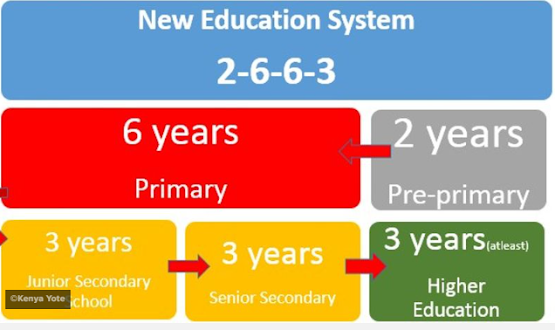An Escapade to Remember at Sagana’s Mimosa Park

An exquisite bush breakfast under the open skies on Sunday, August 17, 2025, unfurled like a vision from a glossy travel brochure. The cool air held the richness of dew-kissed grass, the aroma of freshly brewed tea curled upwards like a soft invitation, and the golden morning light flowed through the trees. Plates filled with hearty dishes passed around as laughter rang out, louder than the birdsong. For the Merians from Thika Greens, it was more than just a meal; it was a joyful bonding moment, where conversations flowed as freely as the tea, stories sparked endless laughter, and no one really wanted the morning to end. The adventure was far from over. With spirits high and hearts full, the company made its way from the rustic charm of the bush breakfast to the serene embrace of Mimosa Park for the day’s formal outing. The atmosphere shifted, carrying with it a sense of reverence and anticipation. Beneath the canopy of swaying trees, Mr. Fabian Kaburu, the Chairman, opened the ...


